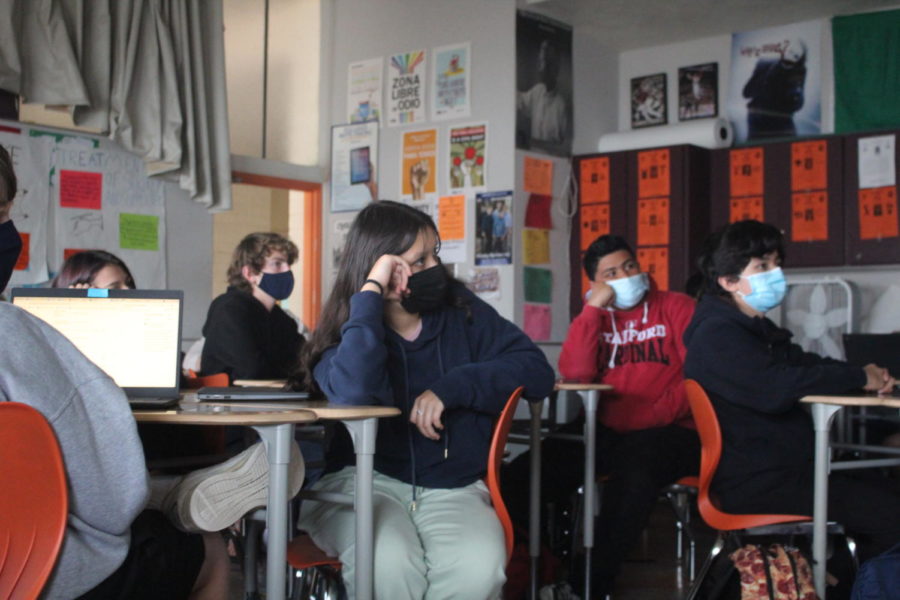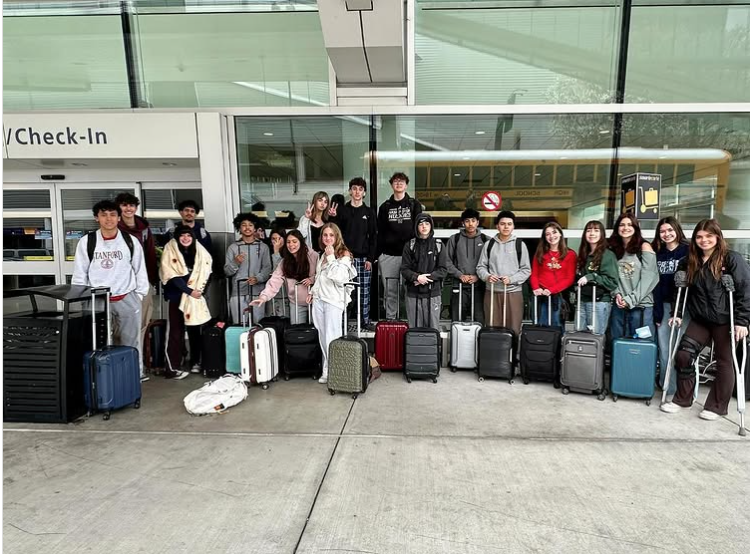California Governor Gavin Newsom recently signed legislation that approved the new ethnic studies curriculum that High Schoolers across the state are now taking – including at Woodside.
The bill mandates that all High School freshmen in California take an ethnic studies course to graduate. This does not affect those who are already past the first year of high school, as all those who instead took world studies or a similar class are still eligible to graduate. The bill was passed as a result of heavy pressure from various minority groups who wanted their history to be talked about on the same footing as European history. Many freshmen are already enrolled in ethnic studies this year, and so far, they approve of it.
“We’ve talked about a lot of relevant topics and issues [in Ethnic Studies] that are currently playing through the USA,” Maxwell Tinkin, a Woodside freshman said. “ It’s been very interesting learning about a lot of issues that aren’t talk[ed] about as much.”
Most freshmen appear to be excited about the new class and what it could be. Isella Gapastione sees a difference in ethnic studies and other social studies classes.
“I really like how its not your typical history class.” Gapastione said “[ethnic studies] feels more innovative and inclusive.”
It’s not only students that have to deal with the new curriculum – the teachers also have to change to work within the new system. Kayla Dice, a freshmen social studies teacher, says that the change is needed.
“[The students] learn so many important stories and counter narratives to our history and so it allows for students to gain richer historical perspectives,” Dice said. “ So [the students] can carry that into there next social studies class.”
Ethnic studies is a class to learn more about historical perspectives and cultures around California and around the Bay Area in specifics. The class wants students to look to what our history tells us and what the historians write and the differences between.
“[Ethnic studies is] the study of histories and cultural expression,” Dice continued. “[Ethnic studies] is going to identify locations of power and where injustice and oppression exist, to imagine and reshape them.”
Out of 57 freshmen surveyed, 86% said that they liked ethnic studies as a class. Out of those same 57, 93% said that the class was needed. This seems to be a shared sentiment for most of the freshmen class.
“I like it,” Carlos Maldonodo, a Woodside freshmen said. “ It’s better to learn your own history.”
Ethnic studies teachers hope that the ability to look into history and to understand other peoples stories will be carried with the freshmen as they go into the future.
“[Students] learn so many important stories and counter narratives to our history and [ethnic studies] allows for students to gain a perspective,” Dice said. “[Students] can carry that into their next social studies courses here at woodside and hopefully, wherever they go after.”









